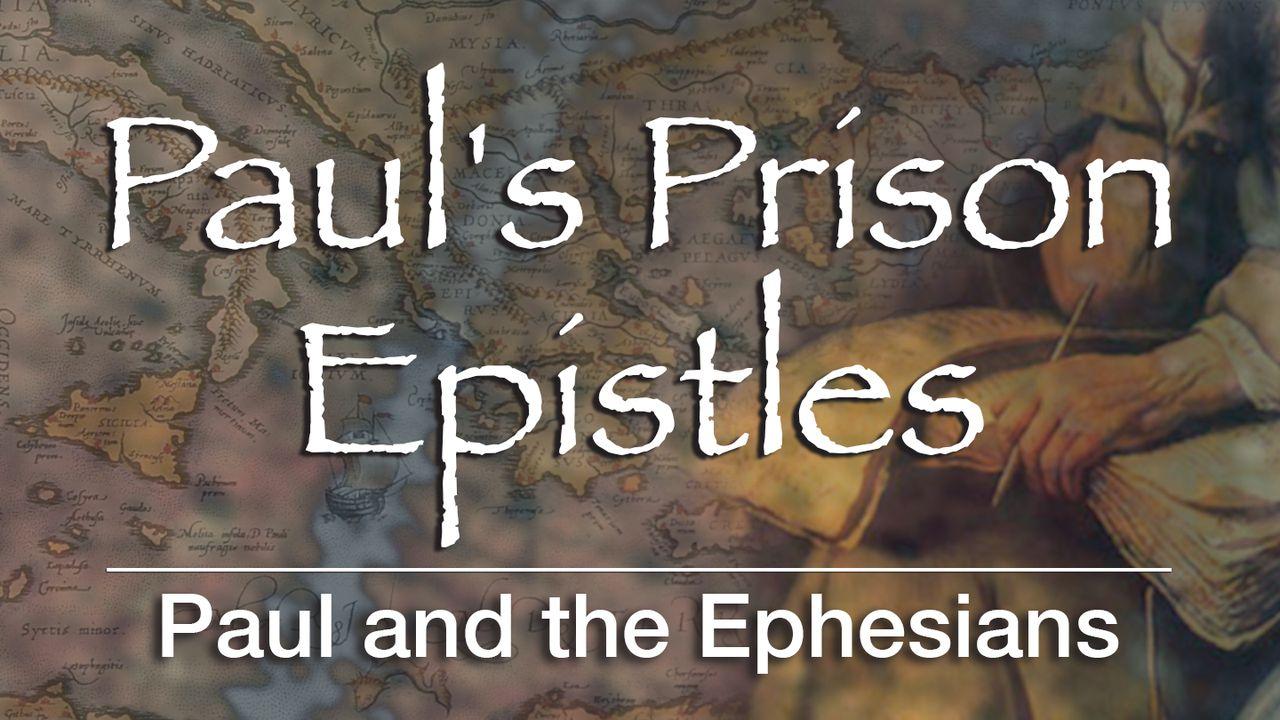Paul's Prison Epistles: Paul and the Ephesians预览

Honoring the King: Ephesians 2:4-7
As we have seen, Paul’s epistle to the Ephesians appeals to the idea that God is the divine king over all creation, and especially over the kingdom of his people. And our divine king has done so many wonderful things for us that we should eagerly respond by honoring him, especially through thankfulness, obedience, and loyalty.
Now, in keeping with the way ancient societies talked about kings and their people, Paul described God’s royal benevolence to us in terms of “love.” And he described our obligations to him in the same way. For example, consider Paul’s words in Ephesians 2:4-7:
Because of his great love for us, God, who is rich in mercy, made us alive with Christ even when we were dead in transgressions… And God raised us up with Christ and seated us with him in the heavenly realms … in order that in the coming ages he might show the incomparable riches of his grace, expressed in his kindness to us in Christ Jesus (Ephesians 2:4-7).
This passage is part of Paul’s larger argument explaining how God makes us citizens in his kingdom. And his point in these verses is that God demonstrates his love when he regenerates us, transfers us into his kingdom, places us in a position of authority and honor, and gives us our inheritance.
In the ancient world, kings often expressed love for their subjects, and they also required their subjects to love them. In this national context, the word “love” described faithfulness and devotion, much like we speak of loving our countries even today. And it was expressed primarily by benevolence and protection on the part of the king, and by obedience and loyalty on the part of his subjects.
And this is precisely what we see in Paul’s description of God’s love for his people. The historical facts of the gospel prove that God is committed to the people of his kingdom and that he values us highly. His faithfulness to us is demonstrated through his kindness and protection as expressed in things like our predestination, Christ’s death on our behalf, the regeneration of our spirits, our citizenship in God’s kingdom, our union with Christ the heavenly king, and the glory we will inherit in the future. And because God has done all these wonderful things for us, we are obligated to honor him in return.
读经计划介绍

This plan examines how Paul designed Ephesians to teach Christians how to build, maintain and thrive in God's kingdom.
More

